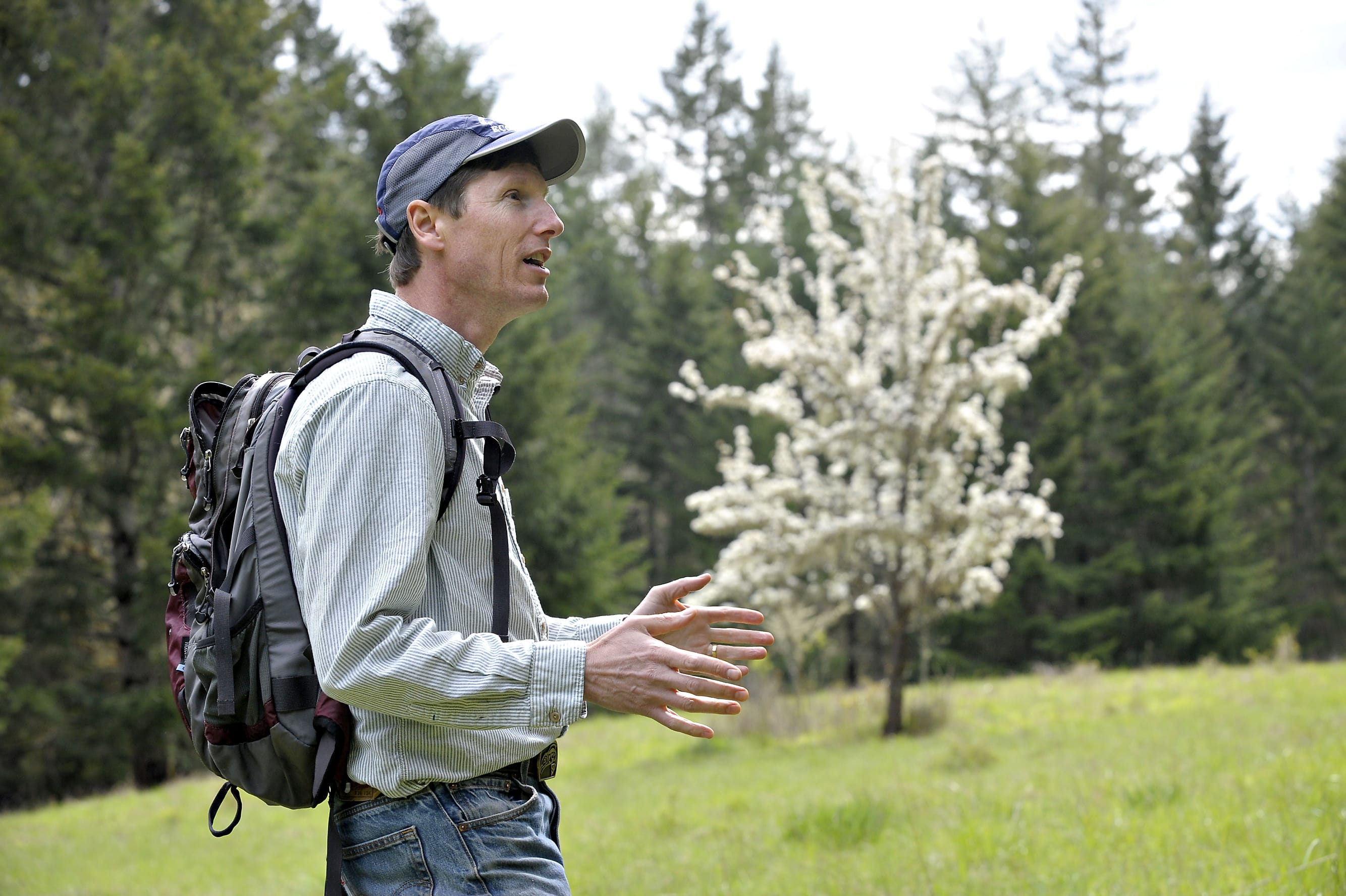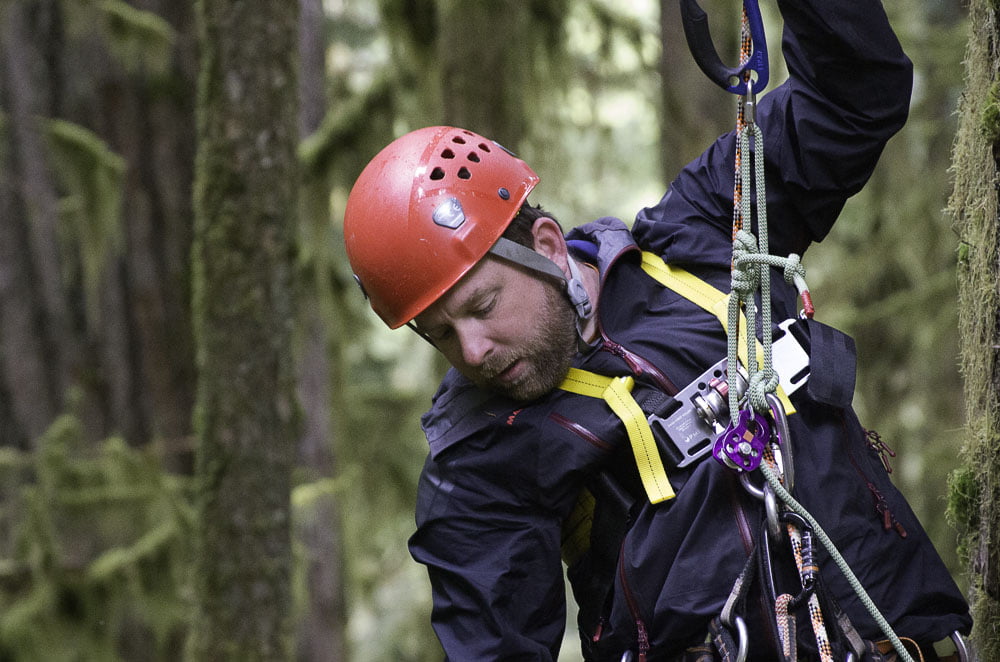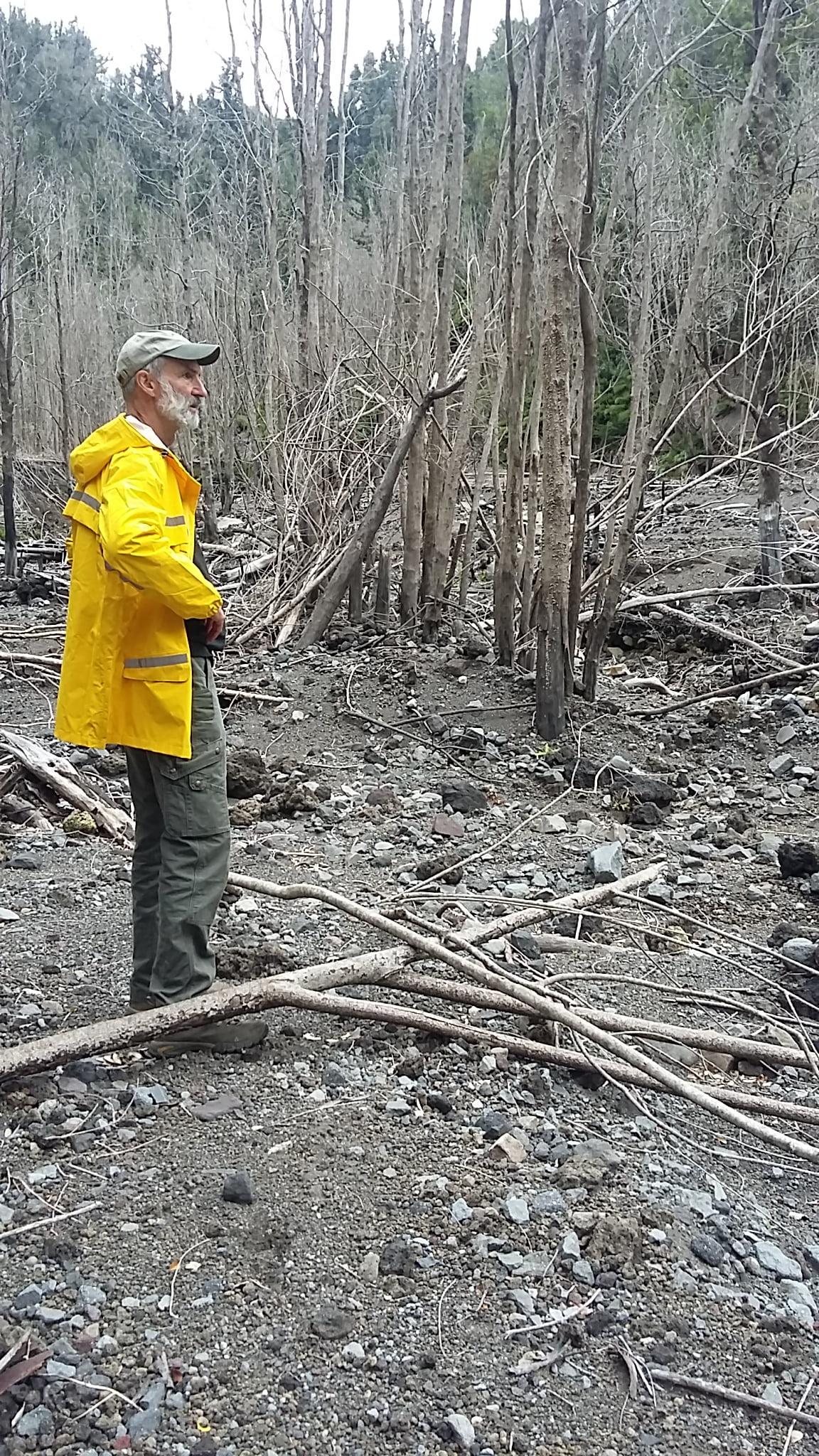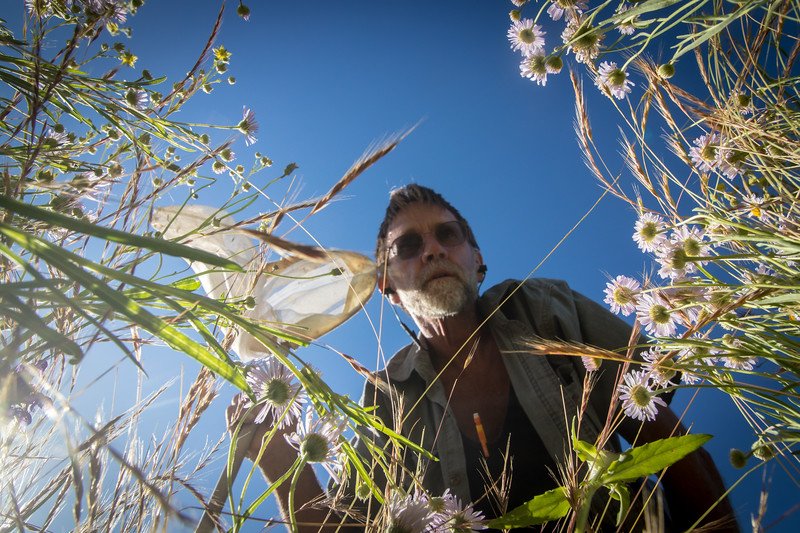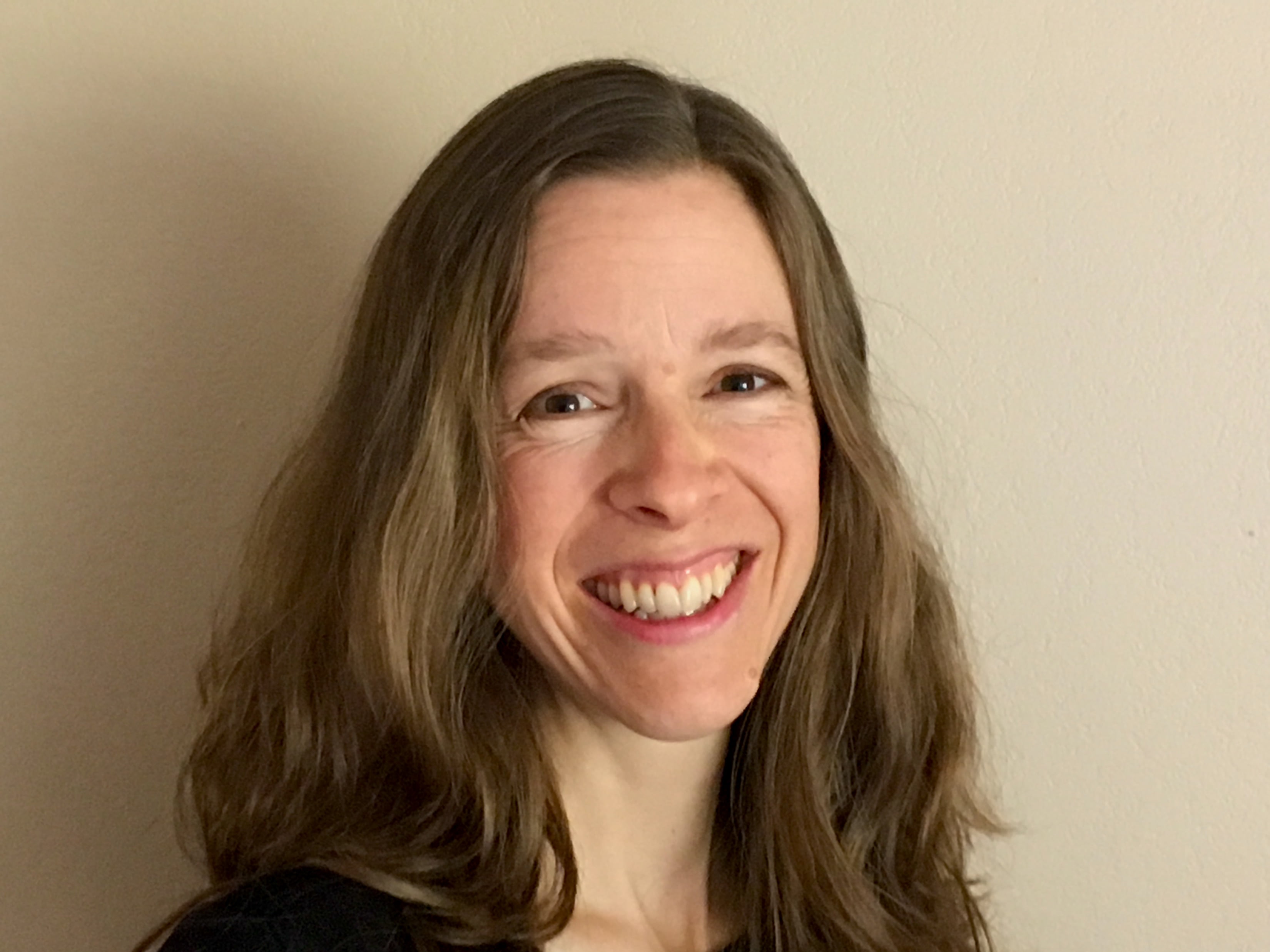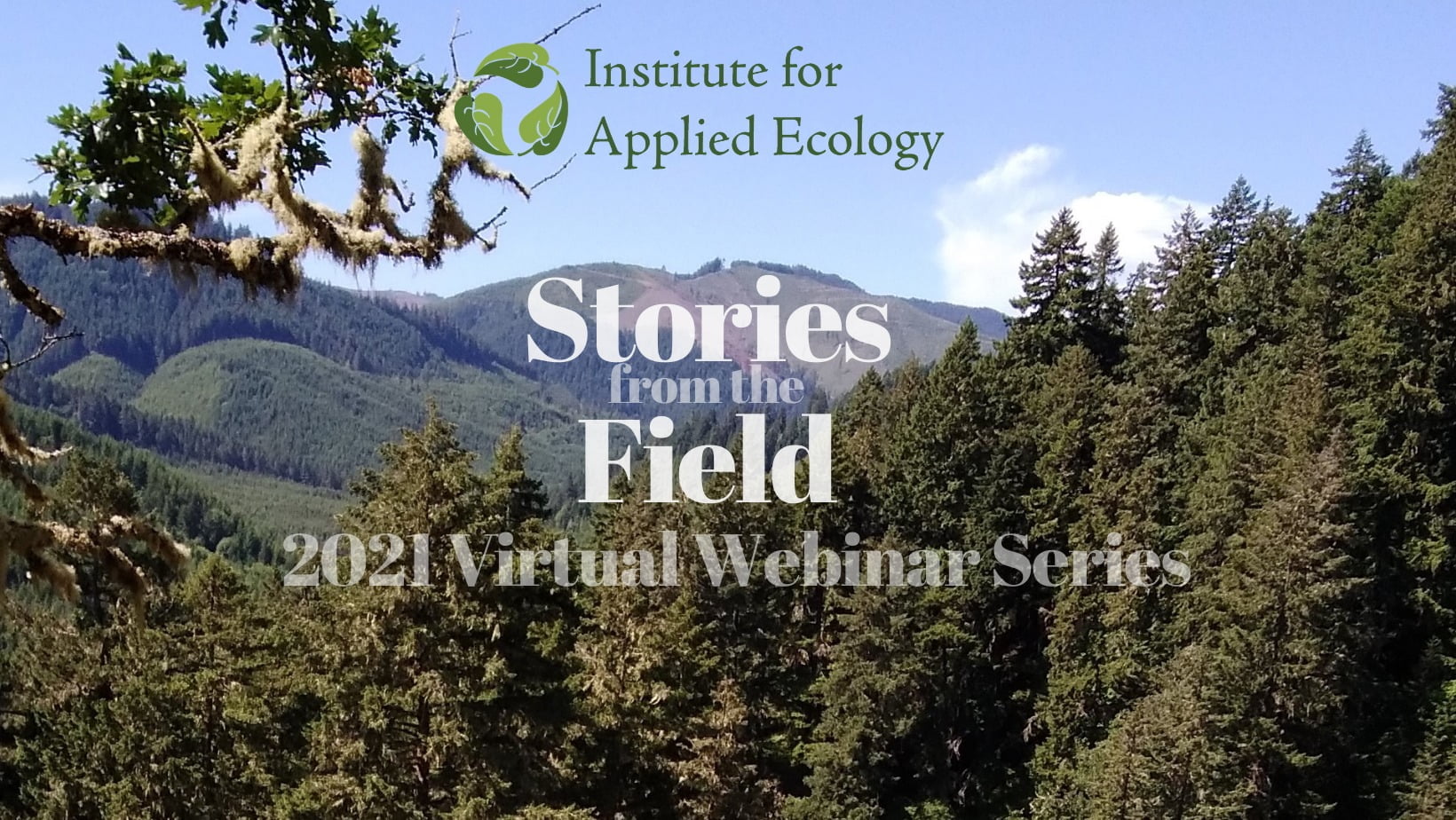
2021 Stories from the Field Virtual Webinar Series
Dr. Tom Kaye, Institute for Applied Ecology
https://zoom.us/rec/share/Str-QKkAfU8KcqppLPvkZ2GMBi3nmDLCQrUJ4VlmClNB7XmtqasgiILnWXzkjF6L.fJlxK87KbyQ4SuX7Access Passcode: H6Wz+CH2
Description: How will a shifting climate affect native plants, and how can we plan for the coming changes? Dr. Tom Kaye, Executive Director of the Institute for Applied Ecology, will discuss the ways in which climate change in Oregon may affect our state’s vegetation, including endangered species, and ways in which we can help our flora and habitats be more resilient to these changes.
Dr. Chris Dunn, Oregon State College of Forestry
Description: The year 2020 was exceptional for many reasons, and hindsight will clarify this in the coming years. For some, 2020 will be remembered as the year of wildfire, and hopefully the year we embraced a different relationship with fire. Join us for a presentation describing the historical context of the human-fire relationship and a vision for adapting ourselves to a future with more fire. A vision grounded in analytics, and integrated with expert judgement, as we look for ways to learn to live with wildfire.
Meeting Recording:
https://zoom.us/rec/share/tHjNghCCjIvQu1KlCtv5CctEFIJk2PHzTsYiZjtQK3-zf2Xuxqbkwel3BT-3jn2q.MhY8bCkK8ipo1iV1
Access Passcode: G8ZeU46^
Webinar Title: Ecosystem Disturbances: Some Uncommon Views
Dr. Fred Swanson, retired Research Geologist with the Pacific Northwest Research Station of the US Forest ServiceDescription: Disturbance events are frequent and essential components of forests and rivers of the Pacific Northwest. Reflections on the 1980 eruption of Mount St. Helens, the Forest Wars over old-growth, the 1996 flood, and the 2020 wildfires reveal common properties of these “big-change events.” They each created big change in our thinking and humans just don’t deal with change well; disturbance science helps place abrupt, unexpected events in historical context; interesting discoveries (“aha moments”) can occur in the midst of the events themselves; and the resulting landscapes may be disheartening, fascinating, and even beautiful.
https://zoom.us/rec/share/cfmQ9MkWV7ep5mV63YgIuhc2qSdItPYBTcsIyY2mIBt62Yg_CWd1r98opSJsTA4f.EmjbTmSeZQ28D6o6
Access Passcode: ud8v#M+r
Webinar Title: Windows on biodiversity: an entomological tour.
David Cappaert, Institute for Applied Ecology
Description: The presentation will explore the lives of the utterly common, and strikingly beautiful insects that inhabit backyards and vacant spaces.
Meeting Recording:
https://zoom.us/rec/share/A1-vBWrtigVtPbE-1GN87yzfx6y3C87Z5pIQJtg9fafK–Y40Pl6ypbct-PpCQL1.fIHHIhgvRsKKntMm
Access Passcode: P9dr&9Gd
Dr. Susan Waters, Quamash EcoResearch
Restoration
Research
Education
Contact
Main Office:
4950 SW Hout Street
Corvallis, OR 97333-9598
541-753-3099
info@appliedeco.org
Southwest Office:
1202 Parkway Dr. Suite B
Santa Fe, NM 87507
(505) 490-4910
swprogram@appliedeco.org
© 2025 Institute for Applied Ecology | Privacy Policy
